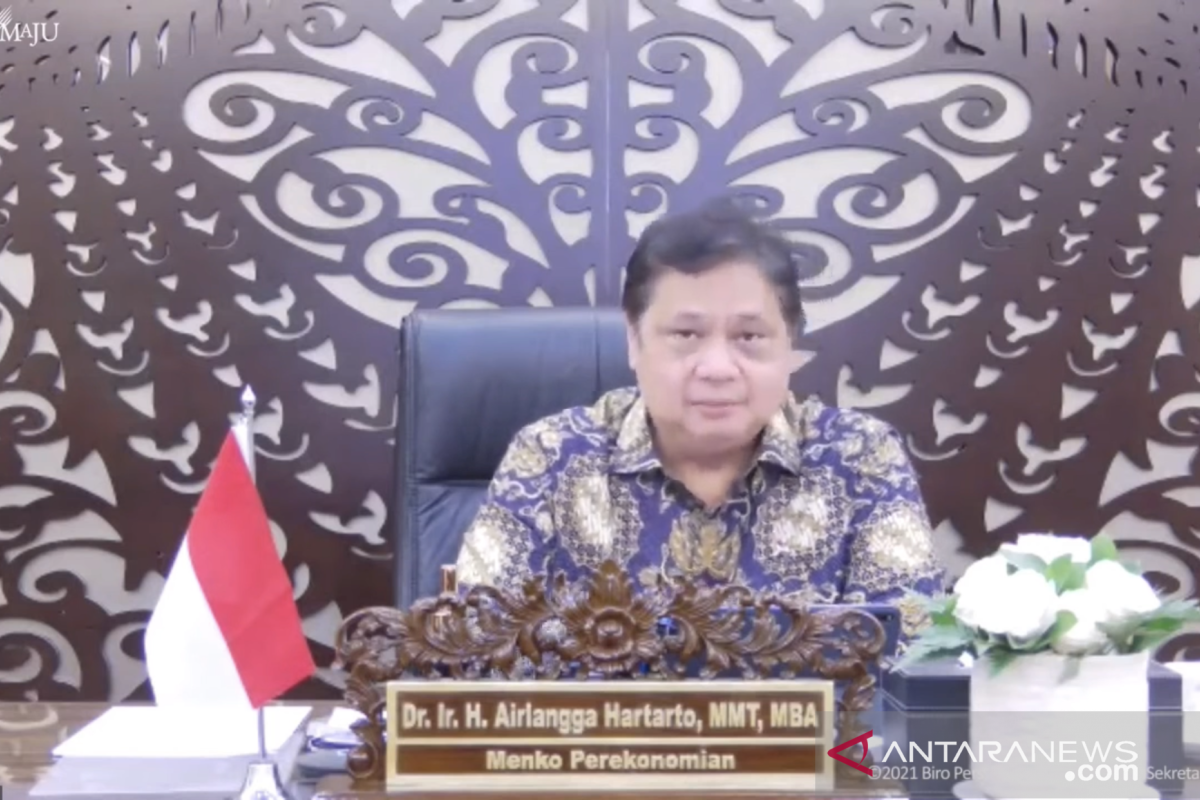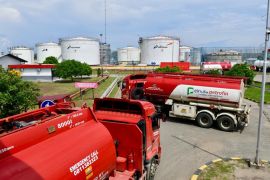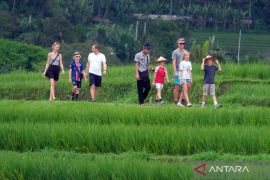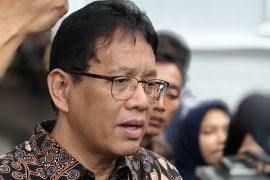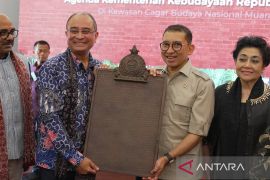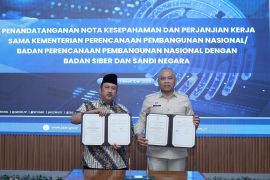Globally, Indonesia's COVID-19 recovery index is at 54th position, Coordinating Minister for Economic Affairs Airlangga Hartarto, who concurrently heads the National Economic and COVID-19 Recovery Committee (KPCPEN), stated.
In comparison with other ASEAN member countries, Singapore was ranked 70th in the world's COVID-19 recovery index, while Malaysia and Thailand stood at 102nd and 109th positions respectively, he pointed out.
Speaking at a virtual press briefing on public activity restrictions (PPKM) on Monday, Hartarto also disclosed the COVID-19 recovery rates in islands outside Java and Bali.
He noted that the recovery rates of islands outside Java and Bali had begun showing improvement. Sumatra, for instance, has clocked a recovery rate of 95.55 percent, while its fatality rate was recorded at 3.56 percent.
The number of active COVID-19 cases in Sumatra also declined up to 94 percent from August 9, 2021, he noted, adding that Kalimantan's recovery rate had touched 95.9 percent, while its fatality rate stood at 3.16 percent.
Kalimantan had also witnessed a decline in active cases of up to 93.18 percent. The declining trends were also observed in other islands, such as Sulawesi, Maluku, and Papua.
Sulawesi registered a recovery rate of 96.05 percent, while its fatality rate stood at 2.63 percent. It also witnessed a decline in active cases of up to 90.9 percent.
Maluku and Papua had recorded a recovery rate of 95.75 percent and fatality rate of 1.75 percent and saw a decline in active cases of up to 88.86 percent.
Referring to the results of a weekly assessment of 386 districts and cities outside Java and Bali, the authorities continue to impose level 4 public activity restrictions (PPKM) in one district and city, he noted.
As of Monday, the level 1 PPKM status was applied to 69 districts and cities outside Java and Bali; the level 2 PPKM status in 278 districts/cities; and level 3 PPKM in 38 districts and cities, Hartarto remarked.
None of the 27 provinces outside Java and Bali were designated as level 4 PPKM areas, he noted.
The coronavirus outbreak initially struck the Chinese city of Wuhan at the end of 2019 and then spread to various parts of the world, including countries in the Asia-Pacific region.
The Indonesian Government announced the country's first confirmed cases on March 2, 2020. Since then, the central and regional governments have made persistent efforts to flatten the coronavirus curve by imposing healthcare protocols and public activity restrictions.
To break the chain of transmission of COVID-19, which has impacted the purchasing power of scores of families in Indonesia, the central government also banned homebound travel, locally known as "mudik", during last year and this year's fasting month of Ramadhan and Idul Fitri holiday season.
Related news: No national economic recovery amid high COVID-19 transmission: VP
Related news: Indonesia gets additional two million finished Pfizer vaccine doses
Related news: Spiritual and social factors paramount to overcoming pandemic: VP
Translator: Kuntum KR, Rahmad Nasution
Editor: Sri Haryati
Copyright © ANTARA 2021
